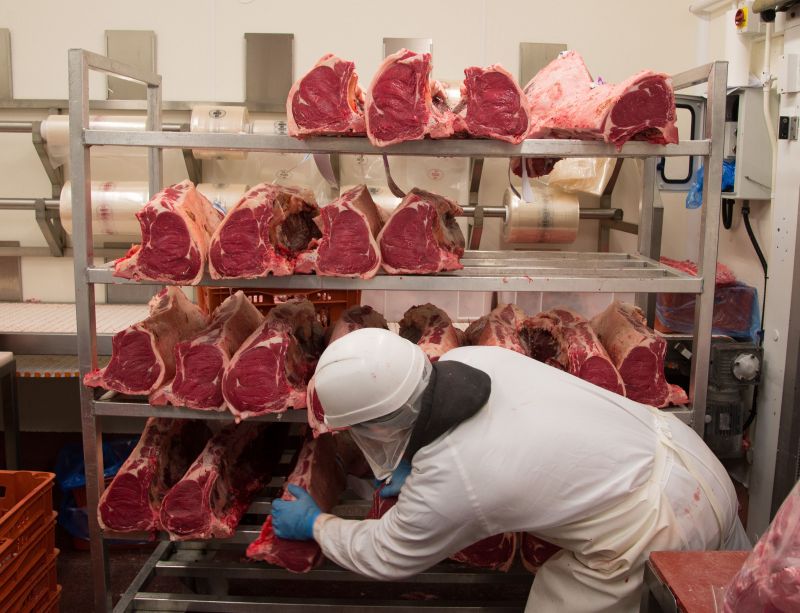
The government has been asked to reconsider aspects of the UK's future migration policy to ensure wider agriculture is not damaged.
It follows news of the Migration Advisory Committee (MAC) recommending veterinarians to be added to the occupation shortage list.
This includes abattoir vets, which are an essential requirement in the slaughter process.
But some groups in the farming industry have urged the government to broaden its definition of skills in any migration proposals.
The National Sheep Association (NSA), one group calling for recognition to be extended beyond vets, said other essential parts of the livestock sector need to be looked at.
The group has highlighted its concerns that the government’s White Paper, released late in 2018, fails to consider and cater for the needs of the sheep industry.
NSA Chief Executive Phil Stocker said: “The White Paper sets out a vision for the UK’s future migration policy and it’s very worrying to see that its definition of ‘skilled work’ totally neglects a significant area of what most would consider a skilled occupation.”
This includes general abattoir workers, without which the UK sheep industry could not function.
He added: “There are many jobs in agriculture, with tough working hours and conditions, the domestic workforce is failing to fill them and this is not due to migrant labour undercutting wage rates.
“These migrant workers are vital for our continued workforce, they contribute positively to our economy and do essential work that cannot be filled domestically.”
Abattoir work - a skilled profession
Farm groups say that abattoir work is a skilled profession and protections must be put in place for workers coming into the UK from European countries.
The definition used, as recommended by MAC, states a skilled professional has at least RQF 3-5 level (A level or equivalent) and their minimum salary threshold be £30,000per annum.
But Mr Stocker said most abattoir workers will not be earning that much: “Many will not have those qualifications, but yet there is no doubt their work is skilled and significant training is given when they are in post.”
The White Paper further sets out a ‘time-limited route’ for temporary short-term workers as a ‘transitional measure’.
The proposal sets out an option for people to come to the UK for a maximum of 12 months, with a cooling-off period of a further 12 months.
This is designed to prevent people working in the UK permanently.
Mr Stocker added: “While I understand this may work for some areas, such as those requiring seasonal workers, this does not work for abattoirs.
“It takes significant time, work and costs to train the staff and accordingly it is only right for the abattoirs to be able to retain them.”
